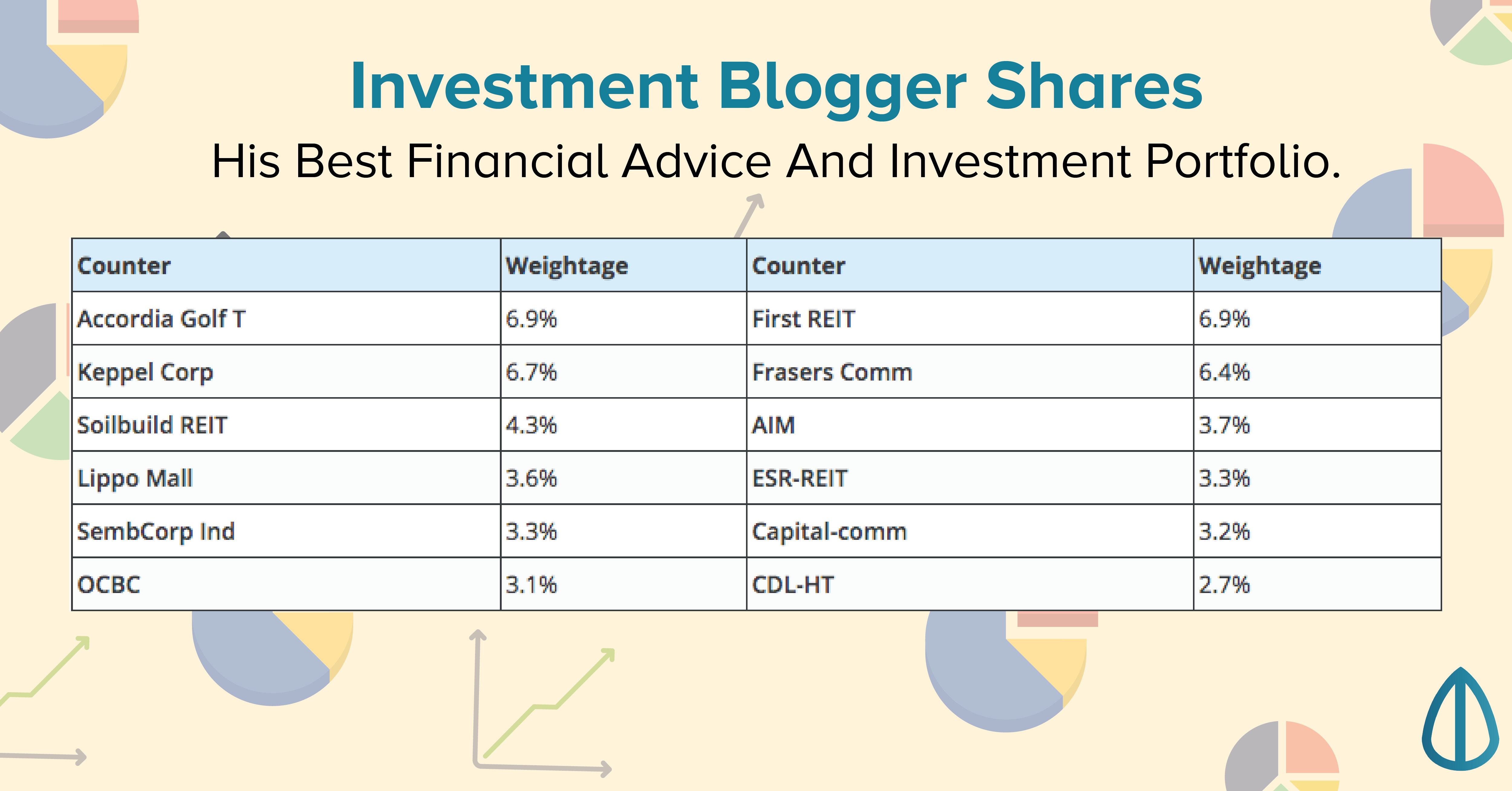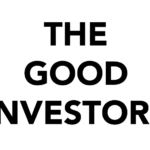I'm 37 with no children (yet), not a Singapore citizen, and I'm unsure where I will live in retirement (probably China). I consider myself to have a high-risk appetite and a long investment horizon.
I currently invest 56% of my income each month and spend 44%. I maintain ~6 months of living costs in cash in the bank but otherwise don't save any cash. My goal is to be able to retire before age 60 with close to my current income and no large debt or obligations like rent.
My investment breakdown is:
- ~40% dividend stocks (dividend growth strategy for retirement income)
- ~33.33% ETFs (growth strategy for future large costs like house downpayment, education, etc.)
- ~17.78% company stock (my employee stock purchase program enables me to accumulate stock over 6 month periods and then sell at a 15% discount on market price, which I always do in order to lock in profit - this profit goes into my dividend portfolio 👆🏻)
- <= 8.88% Mutual funds (insurance-linked investment product that I deeply regret - I'm making minimum payments and just waiting for the early withdrawal penalty period then I'm out and this money will go into the dividend portfolio)
I also sell covered call options every month for additional income.
Dividend Stocks
I really enjoy analyzing and picking income stocks. I have a set of criteria and spend a fair bit of time researching before buying each month; I look for a minimum yield, a track record of growing dividends, and a commitment to paying future dividends, as well as good financials obviously. The broker I used is Saxo. I currently own 22 companies which I plan to hold forever, although I am looking to sell 1, and grow to no more than 30 companies in total. It's well-diversified across sectors, although leans more towards large-cap consumer defensive and healthcare, and it's currently beating some indexes with a portfolio yield on cost of 4.9%. It's split about 20% Singapore, %35 Hong Kong, 30% US, and 15% UK - this should give me a currency hedge no matter where I end up retiring as well as low withholding taxes to maximize my income. The portfolio is on track to meet my income goals when I'm in my 50s.
US
- ABBV: Abbvie
- MO: Altria
- MMM: 3M
- GIS: General Mills
- IBM: IBM
Hong Kong
- 0288: WH Group
- 1044: Hengan International
- 0371: Beijing Enterprises Water
- 0868: Xinyi Glass Holdings
- 1883: Citic Telecom International Holdings
- 1052: Yuexiu Transport Infrastructure
- 3988: Bank of China
Singapore
- F34: Wilmar International
- A17U: Ascendas REIT
- RWOU: Mapletree North Asia Commercial Trust
- AJBU: Keppel DC REIT
- D05: DBS
- BSL: Raffles Medical
- Z74: Singtel
United Kingdom
- ULVR: Unilever
- AZN: Astra Zeneca
- RDSb: Royal Dutch Shell
ETFs
I feel less confident picking growth stocks compared to income stocks so I'm happy to use ETFs for the growth portion of my overall portfolio. I currently just use Stashaway on the maximum risk setting. I do love Stashaway but I'm not keen on some of the holdings that my money gets allocated to, so I'm considering moving the money into my own ETF picks going forward, which I'll probably buy on London Stock Exchange for lower tax:
- US tech sector - IUIT
- China tech sector - KWEB
- Healthcare innovation - HEAL
Mutual Funds
Signed up almost 10 years ago when I was not at all interested in finance and investing and had no idea how to even go about investing. I just wanted to put my money somewhere and have it grow without any effort or knowledge on my part. I was convinced by a financial advisor to park my money in this Isle-of-Man-based investment product for 25 years and just watch it grow. I've had terrible returns on it and later found out (after coming to Singapore and finding a more reliable financial advisor to manage it for me) that a lot of the returns were being eaten away by the fees. Currently, money is split across a few funds:
- Sterling bonds
- Global tech
- Biotech
- European small-cap










I'm 37 with no children (yet), not a Singapore citizen, and I'm unsure where I will live in retirement (probably China). I consider myself to have a high-risk appetite and a long investment horizon.
I currently invest 56% of my income each month and spend 44%. I maintain ~6 months of living costs in cash in the bank but otherwise don't save any cash. My goal is to be able to retire before age 60 with close to my current income and no large debt or obligations like rent.
My investment breakdown is:
I also sell covered call options every month for additional income.
Dividend Stocks
I really enjoy analyzing and picking income stocks. I have a set of criteria and spend a fair bit of time researching before buying each month; I look for a minimum yield, a track record of growing dividends, and a commitment to paying future dividends, as well as good financials obviously. The broker I used is Saxo. I currently own 22 companies which I plan to hold forever, although I am looking to sell 1, and grow to no more than 30 companies in total. It's well-diversified across sectors, although leans more towards large-cap consumer defensive and healthcare, and it's currently beating some indexes with a portfolio yield on cost of 4.9%. It's split about 20% Singapore, %35 Hong Kong, 30% US, and 15% UK - this should give me a currency hedge no matter where I end up retiring as well as low withholding taxes to maximize my income. The portfolio is on track to meet my income goals when I'm in my 50s.
US
Hong Kong
Singapore
United Kingdom
ETFs
I feel less confident picking growth stocks compared to income stocks so I'm happy to use ETFs for the growth portion of my overall portfolio. I currently just use Stashaway on the maximum risk setting. I do love Stashaway but I'm not keen on some of the holdings that my money gets allocated to, so I'm considering moving the money into my own ETF picks going forward, which I'll probably buy on London Stock Exchange for lower tax:
Mutual Funds
Signed up almost 10 years ago when I was not at all interested in finance and investing and had no idea how to even go about investing. I just wanted to put my money somewhere and have it grow without any effort or knowledge on my part. I was convinced by a financial advisor to park my money in this Isle-of-Man-based investment product for 25 years and just watch it grow. I've had terrible returns on it and later found out (after coming to Singapore and finding a more reliable financial advisor to manage it for me) that a lot of the returns were being eaten away by the fees. Currently, money is split across a few funds: